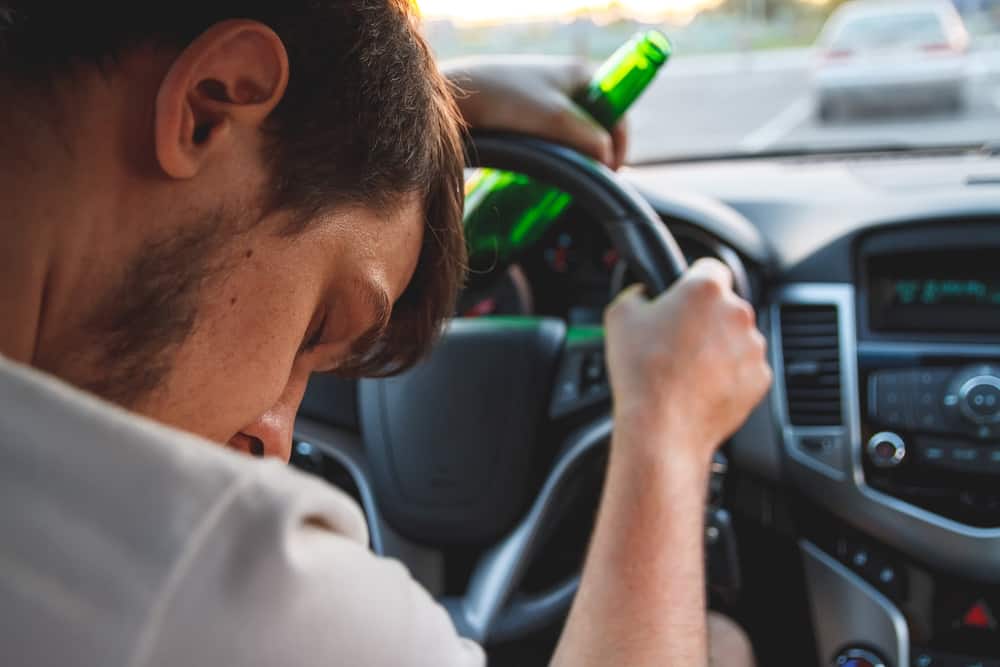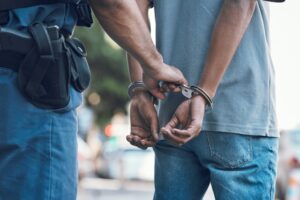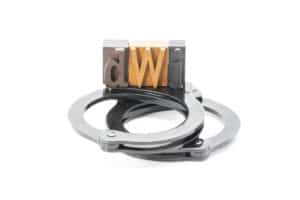
A second drunk driving charge in Dallas, Texas carries significantly harsher consequences than a first-time DWI. When facing a second DWI charge in Dallas, Texas, it is a good idea to seek legal help from one of our top rated Dallas DWI lawyers if you hope to avoid significant fines, jail time, and the long-term loss of your driver’s license.
A second offense DWI lawyer in our Dallas firm can provide critical guidance, explaining your options and rights under the law. More importantly, our Dallas criminal defense lawyers can collect evidence in defense of your rights and fight to get your life back as quickly as possible.
What Are the Consequences for a Second Offense DWI?
The penalties for a second offense DWI conviction increase significantly from those of a first-time conviction, according to the Texas Department of Transportation (TxDOT) and TX Penal Code Title 10 Chapter 49.
A first DWI conviction is classified as a Class B misdemeanor charge. A second conviction qualifies as a Class A misdemeanor, which carries stricter penalties than a Class B misdemeanor. Specifically, penalties for a second DWI conviction may include:
- A minimum of 30 days in jail, but your sentence could be as much as 1 year
- Fines of up to $4,000, plus fees and court costs
- Up to 2 years without your driver’s license
- Substance abuse evaluation or rehab treatment
The court will also require you to install an ignition interlock device on your vehicle while you await trial and for the duration of your probation. This device is designed to prevent drivers from operating the vehicle while intoxicated.
Possible Felony DWI Charges for a Second Offense
Depending on the circumstances of your Dallas case, some second offense DWI charges are elevated to a felony. This may happen if you:
- Were driving with a child under 15 years of age at the time of the arrest
- Caused an accident that damaged someone else’s property
- Caused an accident that resulted in injury or death
Law Offices of Randall B. Isenberg can examine your case, determine the penalties you are facing, and figure out the best way to protect you from the worst of them.
How Can Our Team Help You Overcome a Second DWI Charge?
After reviewing the details of your arrest, the team at Law Offices of Randall B. Isenberg can determine the best defense for your case. This may include:
- Examining the results of BAC tests: There are strict rules for how and when to administer a blood or breath test. If an officer violated any of these rules during your arrest, we might be able to nullify the results of breathalyzer and blood tests.
- Examining the actions of the department: We can look into the last time the department calibrated the breathalyzer, and whether the arresting officer had proper certification and training for calibrating a breathalyzer. If not, we can get the evidence thrown out.
- Examining the actions of the arresting officer: We can consider the legality of your traffic stop and whether the officer had probable cause for administering field sobriety or BAC tests. If the officer did not have probable cause, any evidence obtained could be inadmissible.
- Reviewing evidence that has already been collected: Our team can look over any records, reports, or audiovisual footage the prosecution plans to use against you. We can then determine if any of it was obtained illegally or if they have misinterpreted the data it contains.
- Seeking new evidence: If there are aspects of your story not represented in the prosecution’s evidence, we can seek to present a clearer picture by tracking down witnesses, photographing the scene of the alleged crime, and more.
Our Defense Attorneys Offer Guidance and Support Without Judgement
In addition to working hard on building your case, we can ensure that you are taken care of throughout. We understand how stressful it is to face such potentially serious charges and can ease your burden by:
- Taking the time to answer any questions you have for us
- Keeping you updated about what is happening with the case
- Providing advice and guidance whenever you want it
A second offense DWI conviction poses a great threat to your freedom, livelihood, and reputation. To determine the most appropriate course of action, you want a full understanding of your options, as well as the potential risks and benefits of each one. A lawyer from our Dallas office can help you consider your options.
How Might a Second Offense DWI Case End?
Generally, most second offense DWI charges are resolved in one of four ways.
Case Dismissal
This is the best possible outcome for a second offense DWI charge. The state may agree to drop the charges and dismiss your case if our team can convince the prosecutor or judge that:
- Your charges are without merit.
- The prosecution has little chance of winning in a trial.
- The prosecution’s most important evidence was acquired illegally and is therefore inadmissible.
Plea Bargain
A plea bargain can be an effective way to lessen the long-term impact of your DWI charges. If we can negotiate a favorable plea deal, this may allow you to walk away with:
- Lower fines
- Less or no time behind bars
- Less or no time without your driver’s license
DWI Trial
If we feel strongly enough that you could prevail in court, we can enter a plea of not guilty and prepare for your jury trial. For this option, we aim to build the strongest possible case on your behalf by:
- Seeking out witnesses, collecting their statements, or preparing them to testify on the stand
- Questioning our witnesses and cross-examining witnesses brought by the prosecution
- Preparing and presenting opening and closing remarks
- Filing all necessary motions, objections, exhibits, and other legal documentation
Guilty Plea
The fourth option is often the worst-case scenario for a second DWI offense. You would admit guilt and accept the terms of sentencing handed down by the judge. In this case, your fate – and your future – lies in the judge’s hands.
Randall B. Isenberg will look into the circumstances of your case and determine the best option for you, your family, and your future. Regardless of the options, we will do what we can to help you avoid conviction.
Reinstating Your Driver’s License
In addition to the potential criminal penalties associated with a second drunk driving conviction, you will also face administrative action from the Texas Department of Public Safety (DPS). This civil action pertains to the suspension of your driver’s license.
Upon your arrest for drunk driving charges, the officer will confiscate your license. To fight the suspension, you must:
- Request an Administrative License Revocation (ALR) hearing within 15 days
- Appear at the scheduled hearing
- Pay a reinstatement fee
Regardless of how this hearing turns out, if you are found not guilty at trial, your license will be reinstated and the reinstatement fee will be refunded.
Our team understands how important your license is to fulfilling your professional and familial obligations. In addition to fighting the charges against you, we can help you to regain your license as soon as possible.

What Constitutes DWI Under Texas Law?
If you have a blood alcohol concentration (BAC) of 0.08 or more, you are considered legally intoxicated.Despite this clear definition, a police officer can declare you to be legally intoxicated no matter what your BAC reading may be, if they believe you exhibit sufficient signs of impairment. Those signs include:
- Driving in a reckless manner, such as frequently straying out of your lane
- Failing to pass a field sobriety test (e.g., you are unable to walk in a straight line)
- Having an open container of alcohol in the car with you
- Failing to pass a BAC test
Consequently, if you operate a motor vehicle in a public place, an officer can arrest you for DWI if you fail (or refuse to take) a BAC test, or if an officer judges you to be intoxicated.

Contact a DWI Lawyer from Our Firm Today
Based on the seriousness of a second offense DWI arrest, finding an attorney is paramount to protecting your rights. Law Offices of Randall B. Isenberg offers free case reviews to anyone in the Dallas-Fort Worth area who is facing such a charge.
Call us today at (214) 696-9253. We can explain your rights at no cost or obligation to you.










